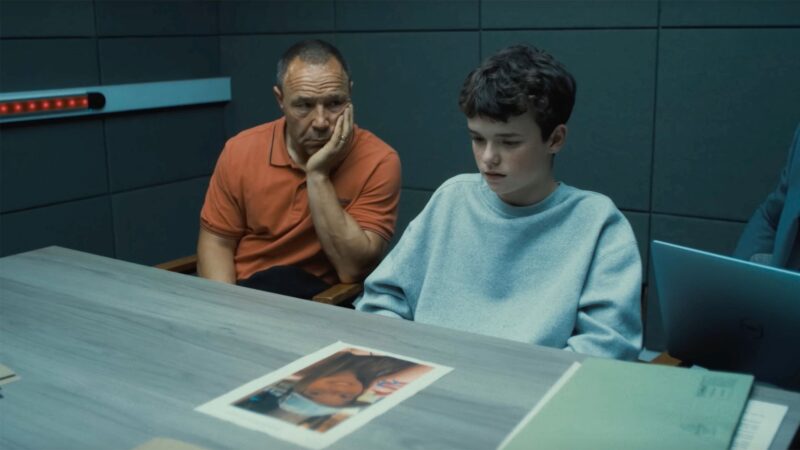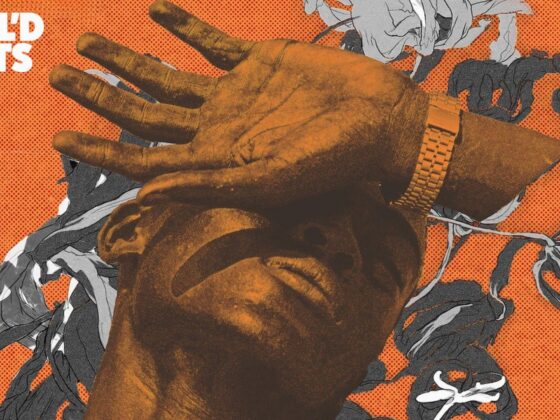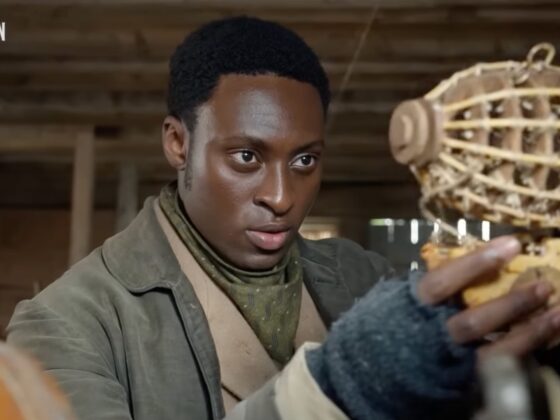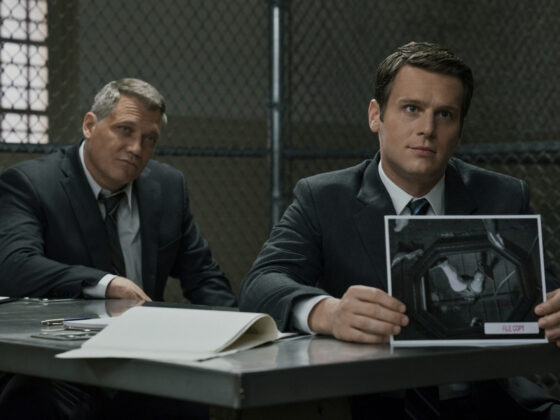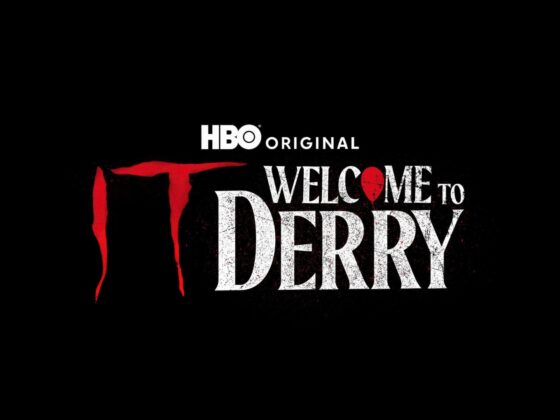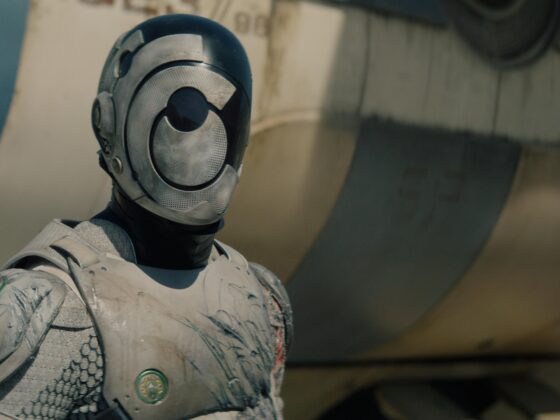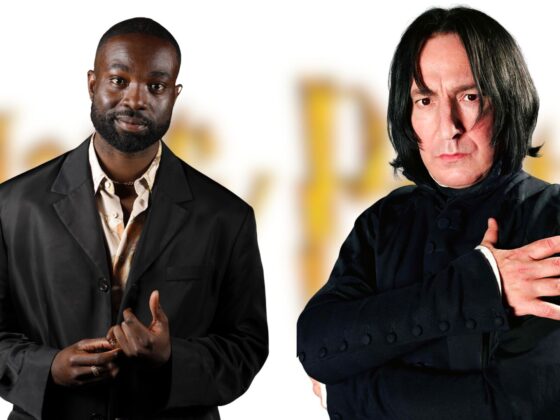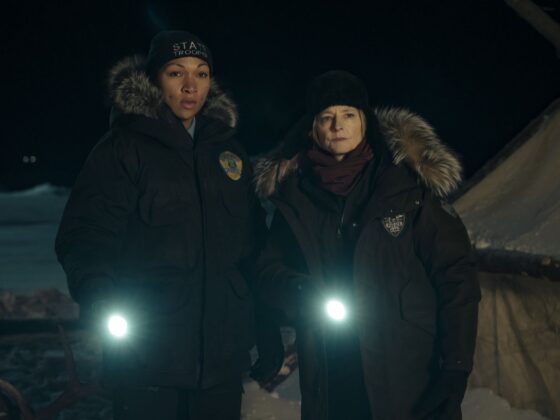In the endless sea of Netflix content, it’s easy to become numb to the platform’s constant stream of mediocre releases. But every so often, we get something truly extraordinary that makes us renew our subscriptions. In 2021, it was Arcane. In 2023 we got Pluto. Now, in 2025, Netflix has given us Adolescence, and it is, without a doubt, a masterpiece.
This four-episode limited series doesn’t overwhelm you with a complex narrative. Instead, it unsettles you by posing questions that have no easy answers. Having all the best elements from True Detective and 13 Reasons Why, Adolescence isn’t a whodunit but rather a why-done-it.
Simply put, it isn’t concerned with solving a mystery but rather exploring the devastating “why” behind a horrific act. And its bold technical approach, filming each episode as a single, uninterrupted take, forcing you to confront uncomfortable realities without the mercy of a new scene.
I’ll try to write a spoiler-free review, but for your own sake, watch it first before you read this.
Co-created by Stephen Graham and Jack Thorne and directed by Philip Barantini, Adolescence tells the story of the Miller family, whose lives are shattered when their 13-year-old son Jamie is arrested for allegedly murdering a female classmate.
Each episode unfolds in real time as a single, unbroken take, a technical choice that proves essential in telling the story.
While single-take episodes have become more common in prestige TV, Adolescence elevates the technique beyond mere showmanship. By eliminating cuts, the series traps you inside each difficult moment alongside its characters.
There’s no escape from raw emotion – when Jamie is asked to strip for DNA processing, the camera rests on his father Eddie’s face, forcing you to witness his protective horror without relief. You can actually feel what Eddie is feeling without seeing what he’s seeing.
Each episode employs the one-shot approach differently. The first episode creates a suffocating atmosphere of confusion as the family is dragged through police procedures. The second episode, set in Jamie’s school, is where it shines as it features dozens of extras, shifting focus between investigators, teachers, and students with remarkable fluidity.
The third episode strips everything back to a riveting psychological duel between Jamie and a court-appointed psychologist. Once we get to the finale, we follow the Millers months later as they attempt to rebuild their shattered lives.
I cannot praise the acting enough. Stephen Graham delivers what might be the performance of his career as Eddie Miller, a vulnerable father oscillating between rage, protectiveness, and devastation. If you’ve watched his 2021 film Boiling Point, you have an idea how gripping he can be when he’s in his element.
Yet, despite Graham’s performance, the true revelation is newcomer Owen Cooper as Jamie. In his first screen role, Cooper demonstrates such incredible range, switching between calm, playful, sad, and terrifying within seconds, all while maintaining complete authenticity.
His performance likely contributed to him being cast in Wuthering Heights, the upcoming 2026 film based on Emily Brontë’s famous novel.
That said, the supporting cast is equally impressive. Christine Tremarco and Amelie Pease bring great depth to their roles as Jamie’s mother and sister.
Ashley Walters and Faye Marsay, not to be outdone, keep you glued to the first two episodes as investigating officers DI Luke Bascombe and DS Misha Frank, respectively.
The standout, though, is Erin Doherty, who mesmerizes as Briony, the psychologist trying to understand Jamie in an episode bubbling with tension.
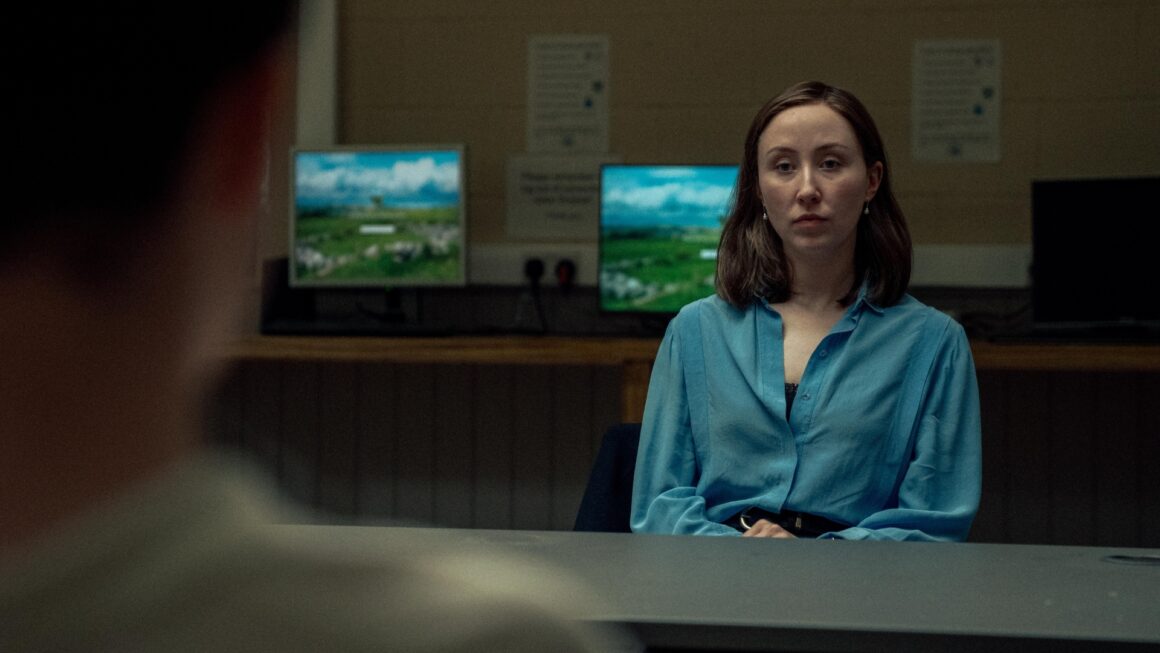
At its very core, Adolescence is a psychological examination of male rage, cyberbullying, and the dangers of online culture. It explores how a seemingly ordinary teenager might commit an unthinkable act and the ripple effects that follow for everyone in his orbit.
It unflinchingly portrays the contemporary teenage experience, depicting how a child’s bedroom – with unrestricted internet access – can become the most dangerous place in their world. If nothing else, it’s a chilling commentary on how unprepared schools and families are to address the challenges facing today’s adolescents.
Fair warning: this is unquestionably difficult viewing. The unrelenting camera never offers respite from the emotional intensity, and the subject matter itself is bleak. In fact, the victim remains largely underdeveloped, as the focus remains squarely on Jamie and his family.
Adolescence is television that demands to be experienced rather than merely watched, a unique series in its own right. My one and only hope is that Netflix will leave it at that bedroom scene, where our journey began and ultimately came to an end.
Verdict
Verdict-
Storytelling10/10 TranscendentEvaluation of the plot, character development, and narrative structure.
-
Cinematography10/10 TranscendentAssessment of camera work, lighting, and visual aesthetics.
-
Acting10/10 TranscendentEvaluation of the performances and character portrayals.
-
Soundtrack10/10 TranscendentEvaluation of the show's music, sound design, and use of audio elements.
-
Emotional Impact10/10 TranscendentThe show's ability to evoke genuine emotions and leave a lasting impression.
-
Technical Execution10/10 TranscendentEvaluation of the show's technical aspects, such as editing, special effects, and production values.
-
Originality10/10 TranscendentThe show's level of innovation, uniqueness, and freshness.
